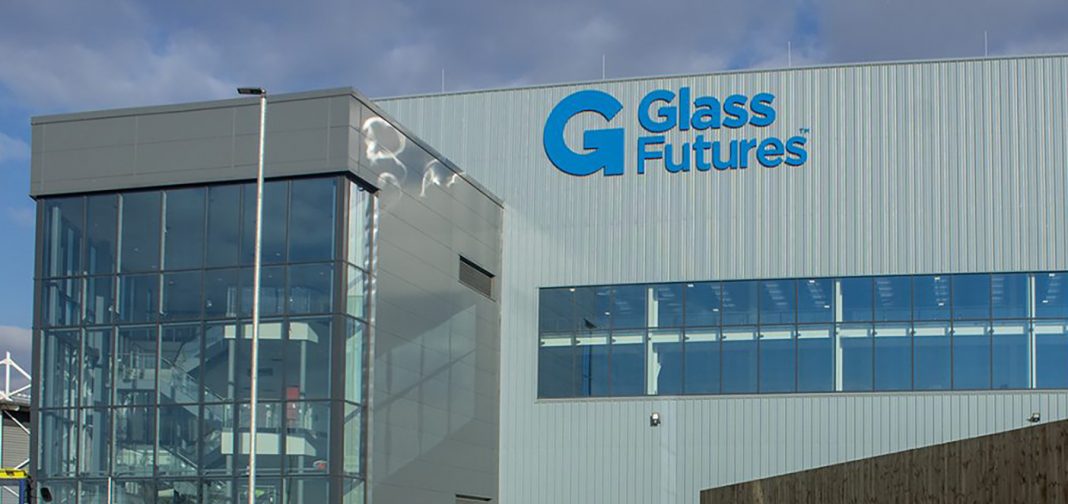New research by the Glass Futures organisation has shown that glass manufacturing can be decarbonised further by using low-grade waste biofuels such as discarded cooking and other oils.
The organisation, which recently launched its £54million research centre at St Helens has now published its report for the Department of Business, Energy, and Industrial Strategy (BEIS) which reveals low grade waste biofuels have the potential to decarbonise glass and ceramics manufacturing furnaces and kilns across the UK.
Dr Bridget Stewart, Senior Projects Manager at Glass Futures said: “Much of our work focussed on the challenges that accompany the combustion of waste-derived biofuels and economic considerations that present a major challenge to decarbonisation in our sectors, particularly given the high cost and low availability of low carbon fuels compared to natural gas.
“Our trials indicated that low cost, waste derived biofuels, have the potential to provide a cost-effective route to help manufacturers of glass and ceramic products to begin decarbonising their operations by 2025.”
The report adds that industry should be able to make a potential switch ‘relatively straightforwardly’ within three to five years with only minor changes required to the furnace/kiln and site infrastructure.
Dr Stewart said: “Due to the nature of glass furnaces and ceramics kilns, fuel quality is less critical to product quality than other sectors, such as transport or domestic heating. This presents a special opportunity, since it means that the glass sector is better positioned to take advantage of lower-grade, lower-cost biofuels compared to other sectors, reducing the economic barriers for making the switch from natural gas to biofuels.”












